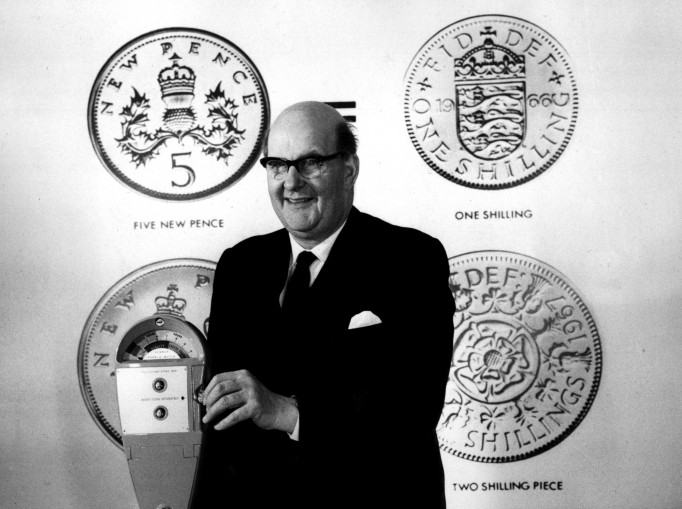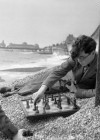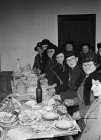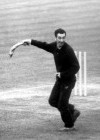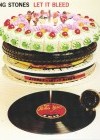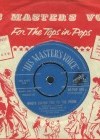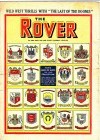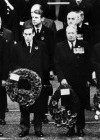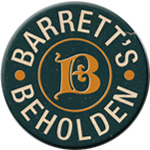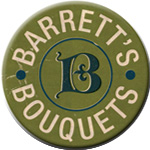‘D-Day’ drama as Britain goes decimal
Centuries of tradition came to an end on this day in 1971, as decimal currency replaced the familiar British ‘LSD’. It was the culmination of a process that began years earlier during a brief but historic conversation between prime minister Harold Wilson and chancellor of the exchequer James Callaghan.
Callaghan proposed the change, Wilson agreed, and the planning began. The decimalisation working party considered two potential systems – one based on ten shillings, the other on the pound. (Possible names for the new unit included the ‘royal’ and the ‘noble’.) The pound remained intact in the end, but would henceforth be worth 100 ‘new pence’.
The new penny’s name prompted some debate, and when the footballer Bobby Charlton won his hundredth England cap there was a brief but passionate campaign to rename it the ‘Bobby’. Supporters declared it a fitting tribute to a national hero, and claimed that it would help people remember how many pennies there were to the pound. Detractors argued that that the name Bobby was too similar to ‘bob’ (the nickname for the old shilling) and that housewives would not be familiar with the player’s international appearance record. The campaign fizzled out after Charlton expressed his disapproval.
‘D-Day’ itself went as smoothly as could be hoped and the chairman of the Decimal Currency Board, Lord Fiske, declared himself satisfied. Public enthusiasm exceeded all expectations, to the point where the Max Bygraves record ‘Decimalisation’ temporarily knocked George Harrison’s ‘My Sweet Lord’ off number one in the pop charts. Its opening chant – ‘D-E-C-I-M-A-L-I-S-ation!’ – become a familiar refrain on the football terraces, and Bygraves sang the song at the Royal Variety Performance.
Not everyone was happy, however, and a vocal minority literally refused to accept the new money. The ‘No To Change’ campaign urged a total boycott of decimal coins, most notably at Colt Ventilation and Heating Ltd in Surbiton, Surrey. Four years earlier, secretaries at the company’s headquarters had instigated the ‘I’m Backing Britain Campaign’ by working unpaid for an extra half-hour each day. Now they refused to accept their wages in new money, declaring that they would sooner go without pay altogether. Once again the owners enthusiastically backed their principled stance, and the boycott lasted until November, when two secretaries were served eviction notices by their landlords.
TRIVIA: Some new coins were introduced before decimalisation. In 1969 the 50 pence piece became the first non-circular coin to be tossed at the FA Cup Final.
